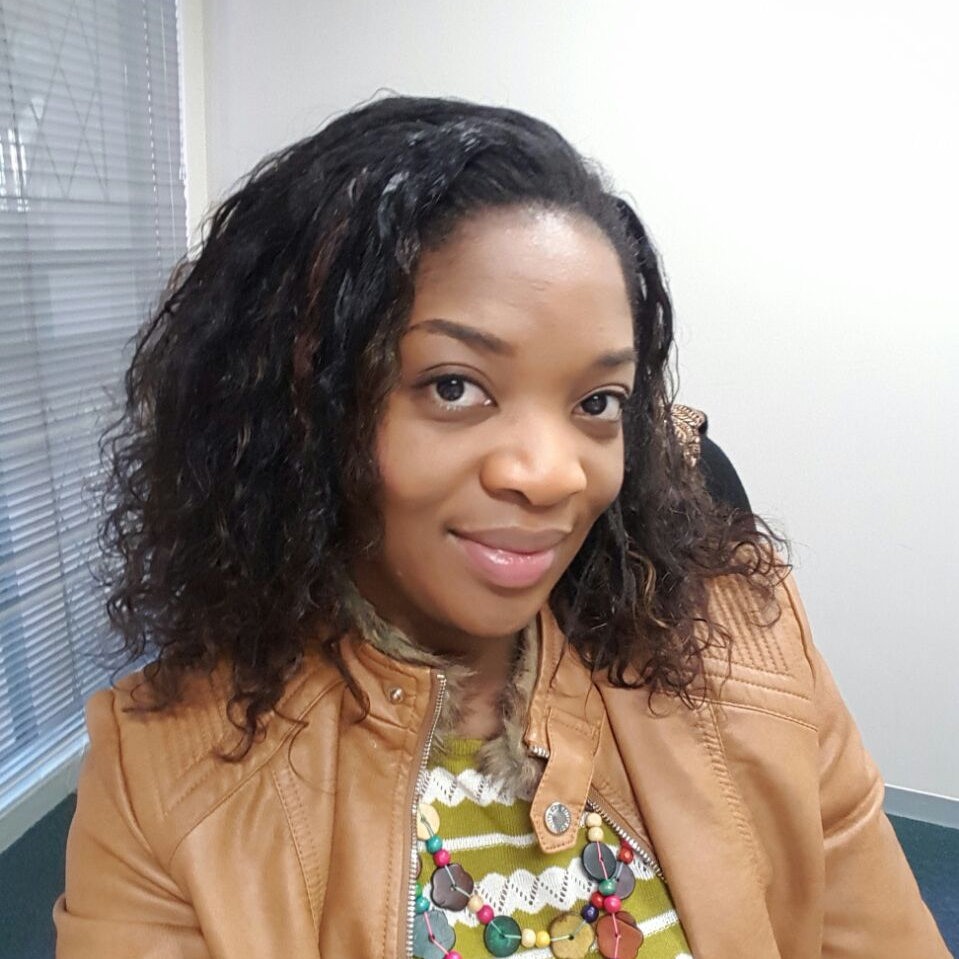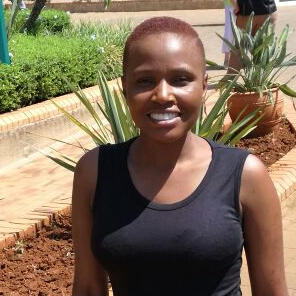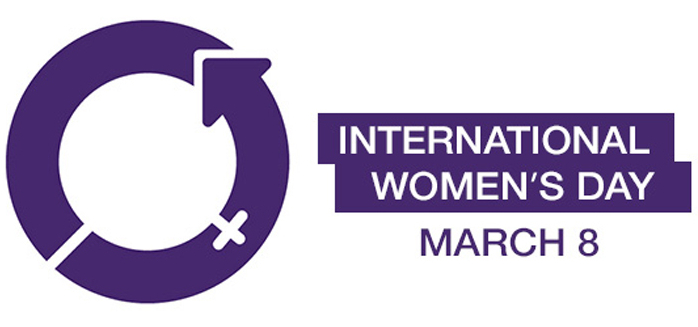GWPSA supports gender mainstreaming to ensure interests and needs of women and men are equally taken into account when designing, implementing, and monitoring impact of legislation, policies, and programmes on gender equity in the water sector.
In efforts to accomplish SDG 6 to "Ensure availability and sustainable management of water and sanitation for all," the role of women should not be underestimated and the need to be given a platform to contribute towards bringing change in accessing water is critical. The participation of women in high-level policy and decision making has gone a long way in improving water resources management at national, regional, and global levels.
Commemorated worldwide on 8 March every year, the International Women’s Day is a day when women are acknowledged and appreciated for their achievements regardless of nationality, ethnicity, language, culture, economic or political background. It is also a time to empower women from all walks of life and pay tribute to those women who are tirelessly fighting for the rights of women.
In commemoration of this year’s International Women’s Day GWPSA women and other women within the GWPSA network responded to the question: "Time is now for equality in water access and management! How can activism empower #WaterWomen?"
Julienne Yegba – Ndjiki
Programmes Officer Global Water Partnership Africa Coordination Unit
“Activism needs to be complimented by concrete actions to untap #WaterWomen’ full potential. Solidarity amongst women and gender-sensitive policies are critical in empowering women to bring change in water-related issues."

Litumelo Mate -Sievers
Gender Expert Global Water Partnership Southern Africa
"Rural women regardless of their socio-economic are continuously impacted by droughts and flush-floods that lead to food shortages, disease and dislocation. However, women have survived the scourge of climate change through their own locally rooted responses. Time is now to acknowledge and capture women's innovations in national and international climate and water management policy discussions".

Leticia Ngorima
Communications Assistant Global Water Partnership Southern Africa
"Women play an essential role in managing and safeguarding water and are impacted heavily by access to water and lack thereof. As the world commemorates International Women's Day, let's all come together and advocate for the inclusion of women in decisions and policies to do with water."

Michelle Saffy
Executive & Communications Assistant Global Water Partnership Southern Africa
“Women and girls - and the way they are impacted by access to water, or lack of it - constitute a large part of the picture, and most importantly a large part of the solution, in the nexus between water and food security. They are disproportionately impacted by the burden of food and water use and collection and production. At the same time, they are both the beneficiaries and enablers of food- and water-secure future,” Lakshmi Puri. I believe this quote perfectly summarises why it is imperative for women and girls around the world to be included in the fight against water security and climate change resiliency. By disregarding the opinions and insights of half of the world’s population, we are drastically reducing our ability to solve these problems. And so, on this International Women’s Day, I urge everyone to speak up and take a stand against gender inequality.

Xanani Baloyi
Project Officer -Africa Regional Centre Stockholm International Water Institute (SIWI)
“Women are socially marginalized to the domestic chores which directly includes the safe guarding of water, but are also largely marginalized in contemporary water resources management discourse. If they are responsible for domestic water supply, why not empower them in formal Integrated Water Resource Management (IWRM)? #WaterWomen"

